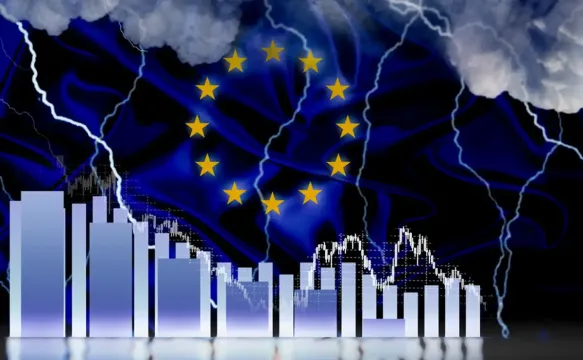At the Espriu Foundation we treat the personal data you provide with the utmost respect and privacy. We gather your email address in order to send you Compartir magazine monthly, free of charge, as well as to keep you informed about our activities. The personal data you provide will be safely stored until you request to stop receiving Compartir magazine. Your personal data will not be shared with third parties except in the case that there should be a legal obligation to do so. You have the right to obtain confirmation as to whether we at the Espriu Foundation are processing your personal data and to revoke your consent whenever you wish, with immediate effect. You may also access your personal data, rectify any details that should be inaccurate or request their deletion when they are no longer necessary for the purposes for which they were collected.
By clicking on the button below, you are expressly consenting that we may process your information in accordance with these terms. You may change your mind at any time by clicking on the “unsubscribe” link in the footer of every email you will receive from us, or by contacting us by email at compartir@fespriu.org.
This site is protected by reCAPTCHA and the Google Privacy Policy and Terms of Service apply.










